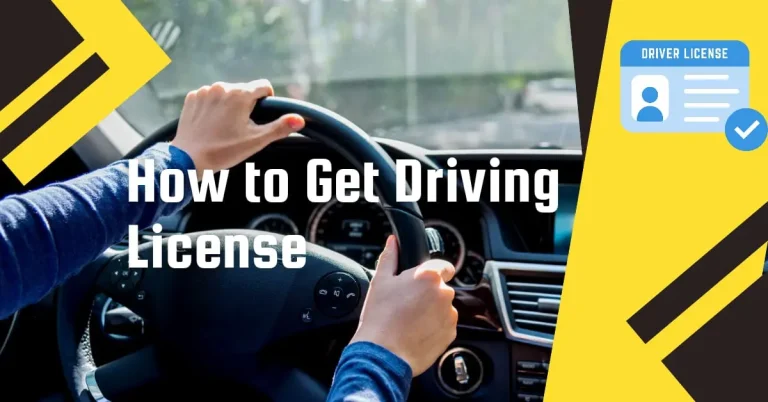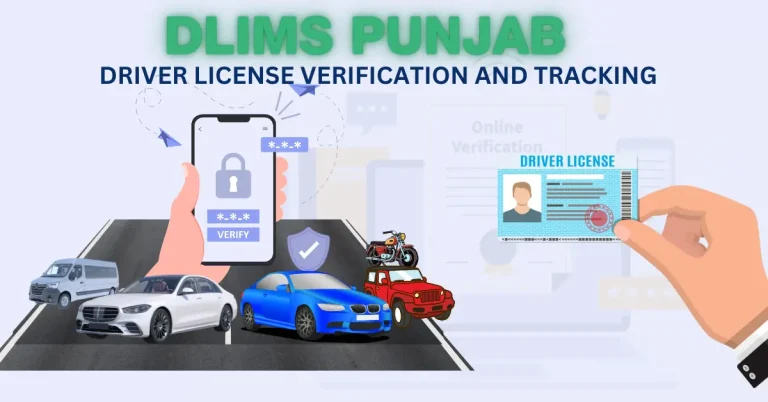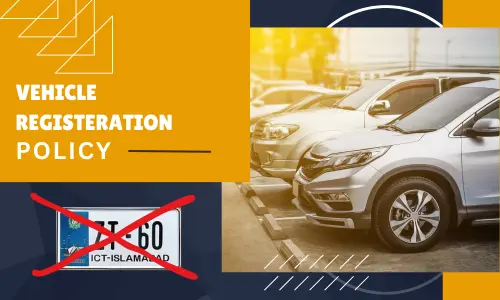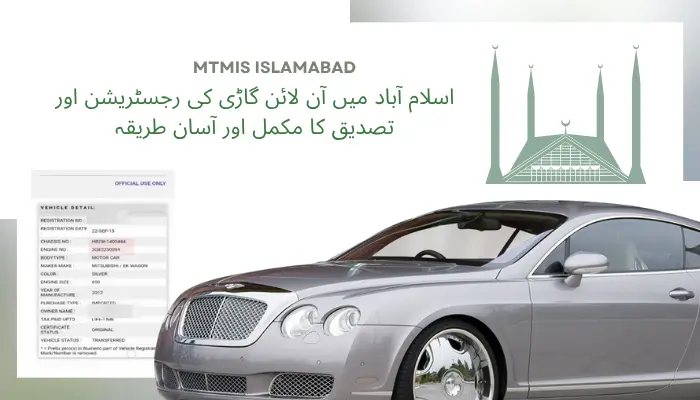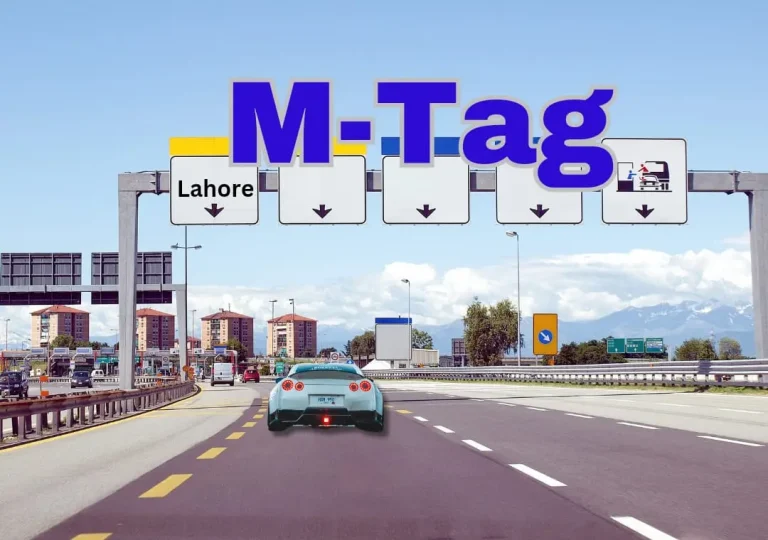Vehicle Fitness Certificate System (VICS) Punjab Online Verification
To obtain an M-Tag, vehicle owners must have VICS of the vehicle with a license and registration book/smart card. Under the Punjab Motor Vehicle Ordinance, 1965, and Motor Vehicles Rules, 1969, commercial vehicles in Punjab must get a Vehicle Fitness Certificate. Commercial and goods transport vehicles need this certificate and must undergo testing every six months.
To combat severe smog, the government decided that vehicles over 30 years old are not allowed to enter Lahore from January to October and are also not allowed to travel on motorways. Additionally, the government announced that no M-Tag will be issued to vehicles without a fitness certificate.
Method to get an Appointment for Vehicle Inspection from VICS
Vehicle owners can get an appointment for vehicle inspection from VICS (Vehicle Inspection and Certificate System) by calling UAN no 042-111-678-711.
Give the following information when you call for an inspection.
Documents Required for Obtaining Vehicle Fitness Certificate
Vehicle owners must have the following documents to obtain a Vehicle fitness certificate.

Punjab’s Efforts to Reduce Pollution
The Punjab government has taken several measures for vehicle fitness to reduce pollution.
Restrictions on older Vehicles
Vehicles over 30 years old are banned from entering Lahore and traveling on motorways during smog-prone months (October to January).High-emission older vehicles fail to meet modern pollution standards, worsening air quality.
Initial Implementation for Government Vehicles:
The rule starts with government-owned vehicles, which must obtain fitness certificates for M-Tag compliance. This step ensures readiness before extending the policy to private and commercial vehicles.
Gradual Policy Expansion:
The plan is to roll out the regulation across Punjab in phases. Initially focused on Lahore and major highways, it will later cover more areas, including smaller cities and towns.
Tackling Urban Pollution Hotspots
Major cities like Lahore, Multan, Rawalpindi, and Kasur suffer from alarmingly high AQI levels, some reaching 1,800 points (far above the hazardous threshold of 200). These efforts target improving air quality in the most polluted urban areas.
Smog Season Focus
The regulation addresses the critical winter months when smog and pollution peak due to weather conditions and emissions.
Serious Approach to Emission Control
By phasing out smoke-emitting vehicles, the government emphasizes its commitment to reducing pollution and protecting public health.
Global Context of Pollution Levels
Pakistani cities are among the world’s most polluted, requiring strict and immediate measures like vehicle emission controls.
Awareness of Public Health Risks
The dangerous AQI levels highlight the urgency, as values above 90 are harmful, and above 200 are life-threatening.


